Diseases
Published Date: 6/17/2023 5:50:47 AMAyurveda helps in finding the root cause and cure the health problem without any side effects or reactions.its uses are more comfortable
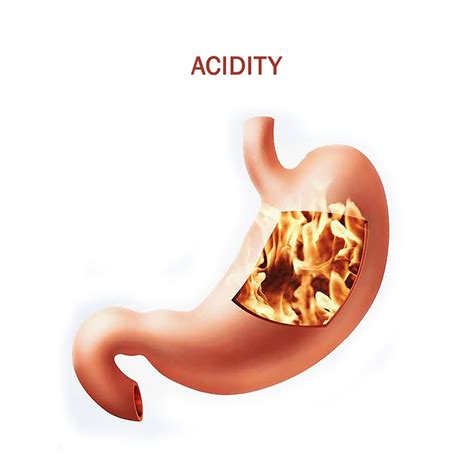
Acid Reflux
- Acid reflux is a very common condition characterized by heartburn felt around the lower chest area. This is caused by stomach acid flowing back up into the food pipe. The common causes are unhealthy eating habits and poor lifestyle…

Acne
- Acne is a skin condition that occurs when your hair follicles become plugged with oil and dead skin cells. It often causes whiteheads, blackheads or pimples, and usually appears on the face, forehead, chest, upper back, and shoulders. Acne…

Ageing
- Premature aging syndromes, also known as progeria, include two very rare inherited conditions, Hutchinson-Gilford syndrome and Werner syndrome. In both conditions, skin changes that indicate premature aging include Atrophy (skin thinning and loss of elasticity) Loss of cutaneous fat.…

Allergy
What is an allergy:
- An allergy is a condition, in which the immune system reacts abnormally to a foreign substance.
- When a harmless substance such as dust, mold, or pollen is encountered by a person who is allergic to that…
Diseases & Remedies
- ACNE:
Ayurvedic Medicine:
1) Khadira Rishta/ Saribadisalsa
2) Aqiplus Cream
3) Neem Capsule - ANEMIA (Blood Loss):
Ayurvedic Medicine:
1) Green Punnarmula
2) Amino Powder
3) Lahuasava - ANIGINA PECTORIS:
Ayurvedic Medicine:
1) Arjuna Rishta
2) Hrydyaban Liquid - ANURIA:
Ayurvedic Medicine:
1) Green Punara
2) Gokhuradi Gugul
3) Cystone
4) Oregel - APPENDICITIS:
Ayurvedic Medicine:
1) Kanakayan Vati
2) Triphala Juice
3)…

Alzheimer's
- Alzheimer’s disease is a progressive form of dementia. Dementia is a broader term for conditions caused by brain injuries or diseases that negatively affect memory, thinking, and behavior. These changes interfere with daily living.
Although many people…

Anaemia
- Anemia is a decrease in the total amount of red blood cells (RBCs) or hemoglobin in the blood, or a lowered ability of the blood to carry oxygen. When anemia comes on slowly, the symptoms are often vague and…

Anger
- Anger is an emotion characterized by antagonism toward someone or something you feel has deliberately done you wrong. Anger can be a good thing. It can give you a way to express negative feelings, for example, or motivate you…
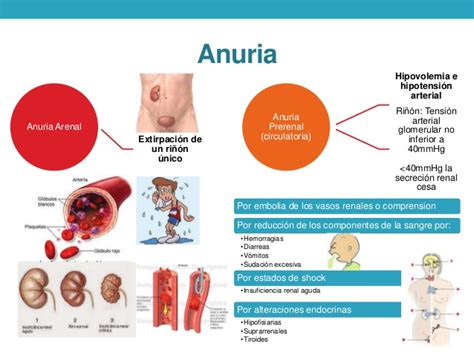
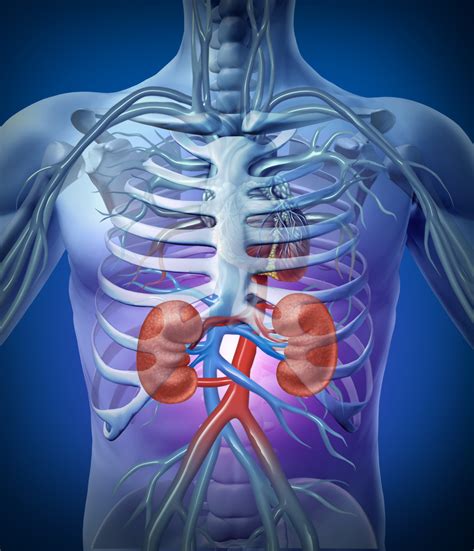
Anuria
- Anuria is non-passage of urine, in practice is defined as the passage of fewer than 100 ml liters of urine in a day. Anuria is often caused by a failure in the function of the kidneys. It may also…

Anxiety
- Anxiety is your body's natural response to stress. It's a feeling of fear or apprehension about what's to come. The first day of school, going to a job interview, or giving a speech may cause most people to feel…

Appendicitis
- Appendicitis is an inflammation of the appendix, a finger-shaped pouch that projects from your colon on the lower right side of your abdomen. Appendicitis causes pain in your lower right abdomen. However, in most people, pain begins around the…
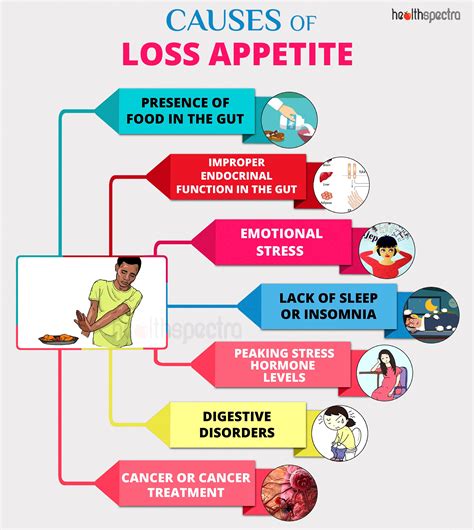
Appetite Loss
- Appetite loss or poor appetite are common side effects of cancer and its treatment. This means that you may eat less than usual, not feel hungry at all, or feel full after eating only a small amount.
- Ongoing appetite…


Arthritis
- Arthritis is the swelling and tenderness of one or more of your joints. The main symptoms of arthritis are joint pain and stiffness, which typically worsen with age. The most common types of arthritis are osteoarthritis and rheumatoid arthritis.…

Asthma
- Asthma is a condition in which your airways narrow and swell and may produce extra mucus. This can make breathing difficult and trigger coughing, a whistling sound (wheezing) when you breathe out, and shortness of breath. For some people,…
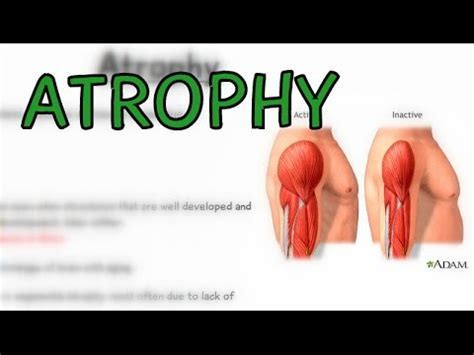
Atrophy
- Atrophy is defined as a decrease in the size of a tissue or organ due to cellular shrinkage; the decrease in cell size is caused by the loss of organelles, cytoplasm, and proteins.
- The term muscle atrophy refers to…
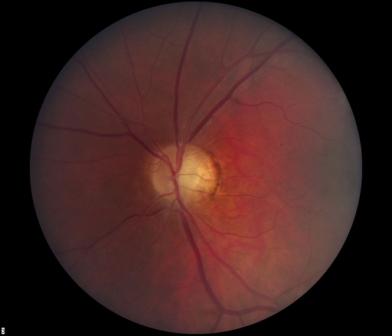
Atrophy Of Optic Nerve
- Optic nerve atrophy (ONA) is severe damage of the optic nerve that can affect vision, also blindness. …

Backache
- Backache is one of the most common medical complaints, particularly among adults. Backache usually refers to pain in your muscles, intervertebral joints, spinal nerves, or sometimes bone-on-bone pain. The type of pain you are having can help your physician…

Biliousness
Biliousness is a term used in the 18th and 19th centuries pertaining to bad digestion, stomach pains, constipation, and excessive flatulence (passing gas). The quantity or quality of the bile was thought to be at fault for the condition.

Blocked Nose
- Blocked Nose ( as known as Congestion ) is when your nose becomes stuffed up and inflamed. Minor illnesses are the most common causes of nasal congestion. For instance, a cold, the flu, and sinus infections can all cause…
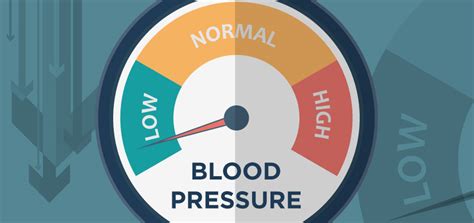
Low Blood Pressure
- Low blood pressure, which can cause fainting or dizziness because the brain doesn't receive enough blood.
- Common causes of low blood pressure include a reduced volume of blood, heart disease, and medications. The cause of…

Bradycardia
- Bradycardia is a slower than normal heart rate. The hearts of adults at rest usually beat between 60 and 100 times a minute. If you have bradycardia (brad-e-KAHR-dee-uh), your heart beats fewer than 60 times a minute. Bradycardia can…

Breathlessness
- Breathlessness (also known as dyspnoea) refers to the sensation of shortness of breath or difficulty breathing. It is an extremely common symptom but can be both distressing and frightening for patients and carers. Breathlessness may occur in conjunction with…

Brittle nails
- Brittle nails occur for a variety of reasons. They may be a normal sign of aging or the result of polishing your nails too frequently. When the weather is cold, brittle nails may result from dryness. Weak nails also…

Cataract
- A cataract is a dense, cloudy area that forms in the lens of the eye.
- A cataract begins when proteins in the eye form clumps that prevent the lens from sending clear images to the retina. The retina works…

Cerebral Palsy
- Cerebral palsy (CP), a group of permanent disorders caused by a brain injury that appears during pregnancy or childhood results in weak stiff muscles, maybe problems with vision, hearing, speaking, sensation, and swallowing.
Probable Cause:
- A need to unite…

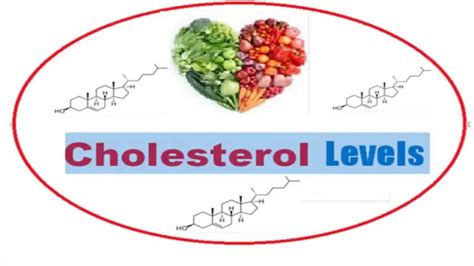
Cholesterol
- Cholesterol is a waxy, fat-like substance that's found in all the cells in your body. Your body needs some cholesterol to make hormones, vitamin D, and substances that help you digest foods. Your body makes all the cholesterol it…
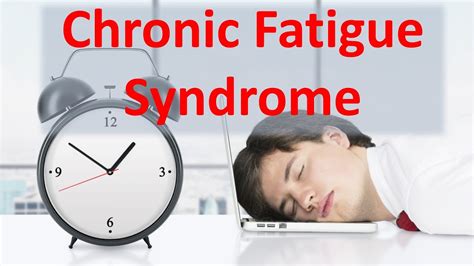
Chronic fatigue
- Chronic fatigue syndrome (CFS) is a disorder characterized by extreme fatigue or tiredness that doesn't go away with rest and can't be explained by an underlying medical condition.
Causes chronic fatigue:
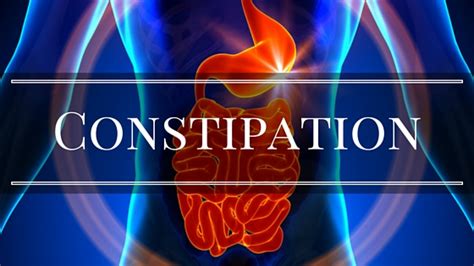
Constipation
- Constipation refers to bowel movements that are infrequent or hard to pass. The stool is often hard and dry. Other symptoms may include abdominal pain, bloating, and feeling as if one has not completely passed the bowel movement. Complications…

Dry Cough
- A dry cough is irritating and usually associated with a tickly throat. Dry coughs are often caused by viral illnesses such as colds and flu, but they can also be caused by allergies or throat irritants.
- A dry cough…

Wet Cough
- A wet cough is a common symptom of respiratory infection, allergies, and heart conditions. The medical term for a wet cough is productive cough. A wet cough results from the presence of mucus or other fluid within the upper…

Dehydration
- Dehydration occurs when you use or lose more fluid than you take in, and your body doesn't have enough water and other fluids to carry out its normal functions. If you don't replace lost fluids, you will get dehydrated.…

Depression
- Depression is a mental health disorder characterized by persistently depressed mood or loss of interest in activities, causing significant impairment in daily life.
- Possible causes include a combination of biological, psychological, and social sources of distress. Increasingly, research suggests…

Diabetes
- Diabetes mellitus, commonly known as diabetes, is a metabolic disease that causes high blood sugar. The hormone insulin moves sugar from the blood into your cells to be stored or used for energy. With diabetes, your body either doesn't…

Diarrhea
- Diarrhea is characterized by loose, watery stools or a frequent need to have a bowel movement. It usually lasts a few days and often disappears without any treatment. Diarrhea can be acute or chronic. Acute diarrhea occurs when the…

Dysuria
- Dysuria is the medical term for pain or discomfort when urinating. Often described as a burning sensation, dysuria most commonly is caused by bacterial infections of the urinary tract. Lower urinary tract infection (cystitis or bladder infection) — Dysuria…
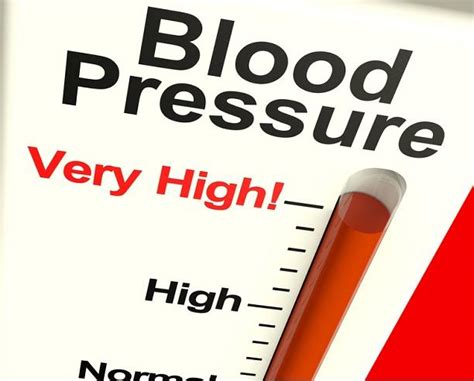
High Blood Pressure
- A condition in which the force of the blood against the artery walls is too high.
- Usually, hypertension is defined as blood pressure above 140/90 and is considered severe if the pressure is above 180/120.
- High blood pressure often…

Indigestion
- Indigestion is also called dyspepsia or an upset stomach. It is a general term that describes discomfort in your upper abdomen. Indigestion is not a disease, but rather some symptoms you experience, including abdominal pain and a feeling of…
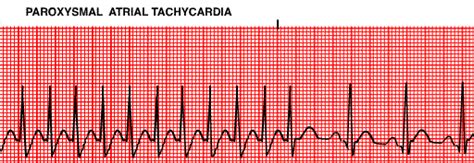
Tachycardia
Tachycardia is a fast or irregular heart rhythm, usually more than 100 beats per minute and as many as 400 beats per minute. At these elevated rates, the heart is not able to efficiently pump oxygen-rich blood to your body.…

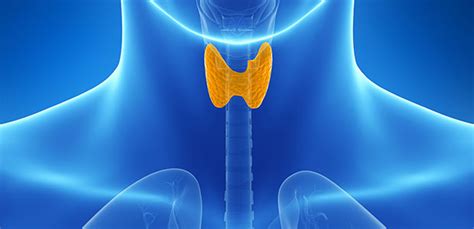
Thyroid - Underactive thyroid
Thyroid - Underactive thyroiditis, also known as Hypothyroidism, A condition in which the thyroid gland doesn't produce enough thyroid hormone.
The thyroid is a butterfly-shaped gland that sits low on the front of the neck. Your thyroid lies below your…

Tonsillitis
Tonsillitis is an inflammation of the two oval-shaped pads of tissue at the back of the throat.
Tonsillitis is usually caused by a viral infection but can be from a bacterial infection.
Symptoms
symptoms of tonsillitis include:
- a sore throat…

Urinary Blockage
Urinary blockage is a blockage of the flow of urine out of the body. The blockage slows or stops the flow of urine. The blockage of urine can put pressure on the bladder and then on the kidneys. The pressure…

Vomiting
- Vomiting can have causes that aren't due to underlying disease. Examples include hangover, pregnancy, overeating or motion sickness.
- When appearing shortly after a meal, nausea or vomiting may be caused by food poisoning, gastritis (inflammation of the stomach lining),…

Watery Eyes
- Watery Eye is a condition in which there is an overflow of tears onto the face, often without a clear explanation. There is insufficient tear film drainage from the eye or eyes. Instead of the tears draining through the…

Weakness
- Weakness is a decrease in strength in one or more muscles. In the strictest sense, the medical definition of weakness refers to loss of muscle strength.
- it is feeling overtired, with low energy and a strong desire to sleep…

Weight Loss
- Unexplained Weight Loss is a decrease in body weight when you did not try to lose weight on your own. Many people gain and lose weight. Unintentional weight loss is the loss of 10 pounds (4.5 kilograms) or 5%…

Whooping cough
- Whooping cough (pertussis) is a highly contagious respiratory tract infection, that is easily preventable by vaccine.
- Whooping cough is particularly dangerous for infants.
- Besides a cough that sounds like "whoop", symptoms include a runny nose, nasal congestion, and sneezing.…

Comments